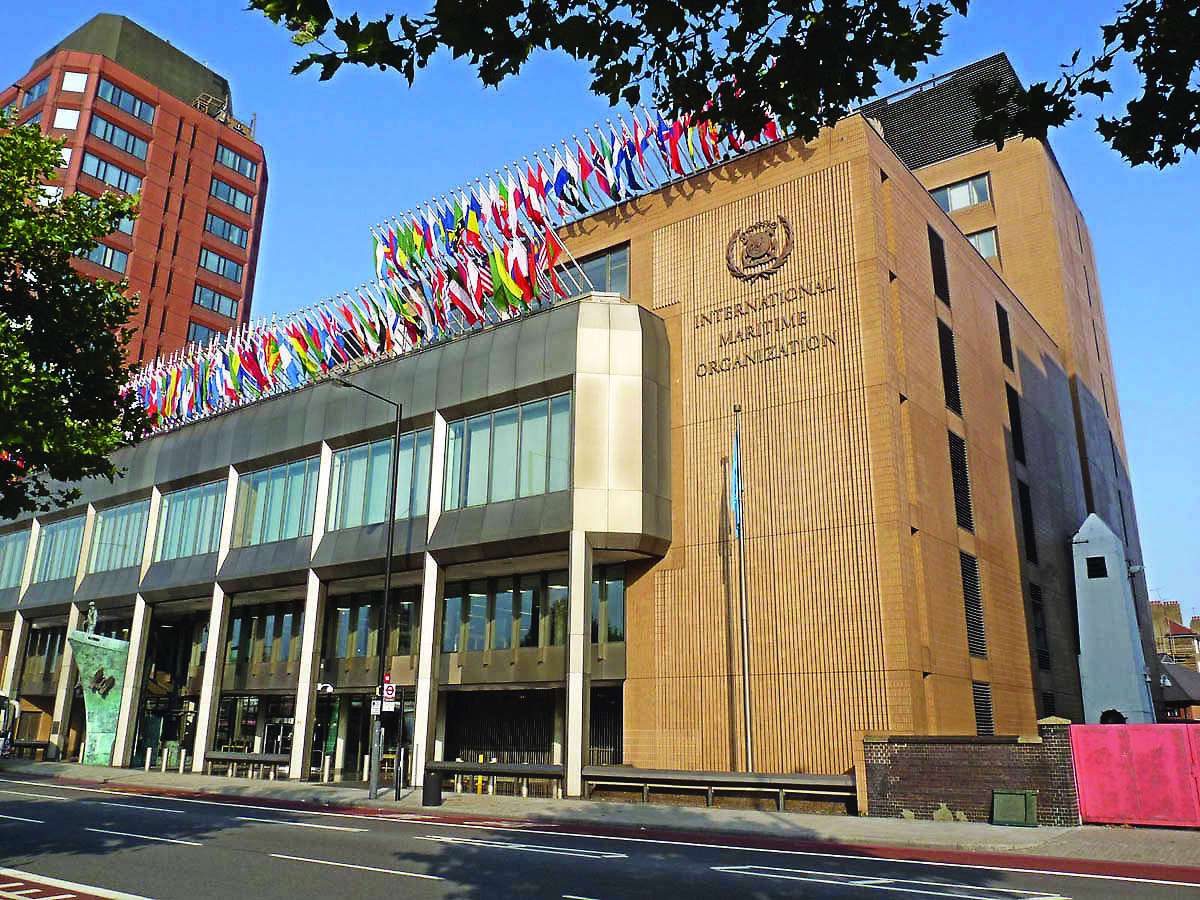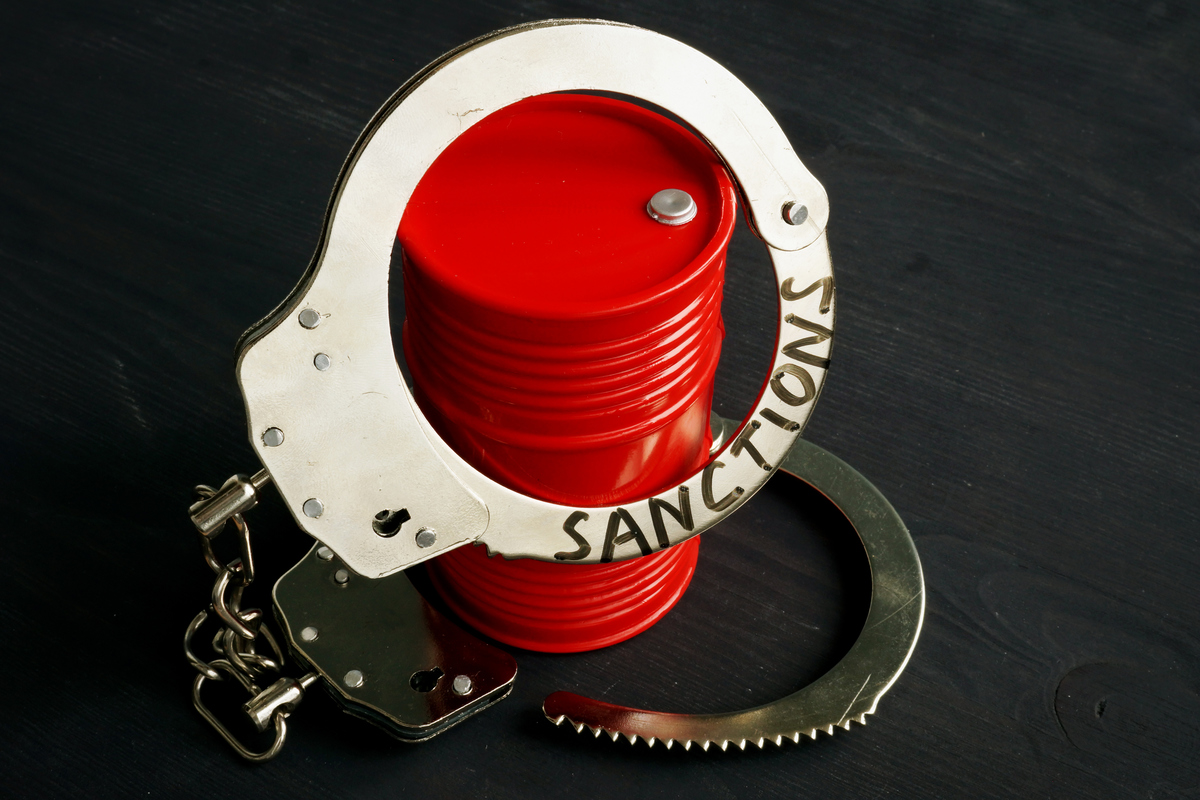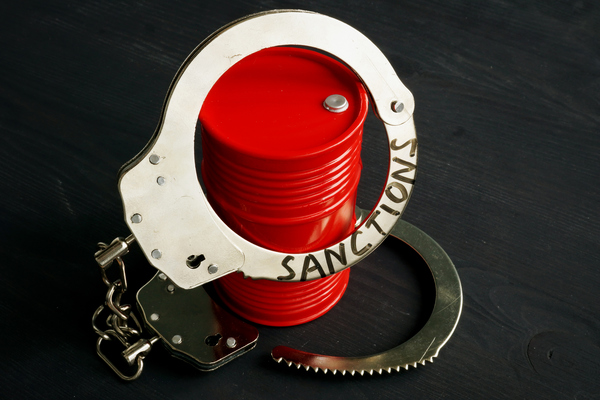Regulations must be adopted by 2025 to meet IMO's decarbonisation targets - WSC
The IMO needs to adopt its mid-term regulations by 2025, for implementation in 2027, to steer liner shipping towards net-zero emissions by 2050, writes the World Shipping Council (WSC).
 PHOTO: International Maritime Organization's headquarters in London. IMO
PHOTO: International Maritime Organization's headquarters in London. IMO
The World Shipping Council recently published its recommendations for the 81st meeting of the International Maritime Organization's Marine Environment Protection Committee (MEPC). These recommendations constitute WSC’s formal contribution to MEPC's negotiations.
WSC is a trade association representing the international liner shipping industry.
Liner carriers are already investing in vessels that run on alternative fuels, John Butler, chief executive of the WSC said. However, regulations that stimulate sufficient demand for green fuels should be adopted by 2025 to facilitate substantial investments in green fuel production in the near future, he explained.
IMO’s regulations should provide “investment certainty” and make the energy transition “more affordable by avoiding stranded investments”, Butler stressed.
The below recommendations have been issued by WSC for the MEPC 81st meeting to be held in March:
- It is critical to define clear standards for GHG fuel intensity to attract investments in low- and zero-emission technologies, vessels, and fuel supplies.
- Carbon levy must be designed to create a "level playing field" globally, so that green fuels and technologies are competitive with traditional fuels. WSC also asked IMO to incentivise "a ship or group of ships based on GHG reduction achieved" to make the transition economically feasible.
- Regulations must take into account the well-to-wake emissions of all low- and zero-emission fuels, "including biofuels”.
- A vessel pooling mechanism should be included in IMO's global GHG fuel standard. The pooling mechanism will allow companies to "invest in innovative zero emission technologies and count the GHG impact across a fleet of ships", according to WSC.
The International Chamber of Shipping (ICS) and the International Bunker Industry Association (IBIA) also endorsed vessel pooling in recommendations to the IMO last month, saying it will address the possibility of green fuel shortages.
“Liner shipping wants to decarbonise our industry as soon as possible and we will continue to lead the way in enabling shipping’s transition to zero. But we cannot do this alone, and we cannot do it without the volumes of renewable energy and fuels this transition requires,” Butler concluded.
By Konica Bhatt
Please get in touch with comments or additional info to news@engine.online






